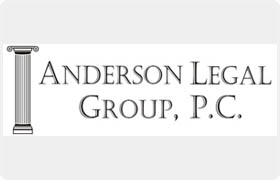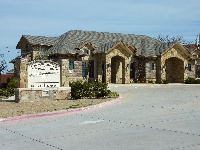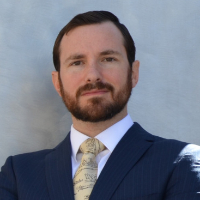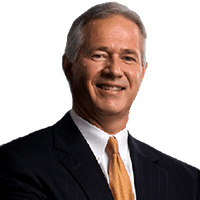Arlington White Collar Crime Lawyer, Texas
Featured Law Firm
-
 x
x

Click For More Info:
-
Anderson Legal Group, P.C.
5209 Heritage Avenue Colleyville, TX 76034 » view mapCriminal Law Achieve your results & Reduce Your Stress
If you or a loved one has been charged with a crime, you need the assistance of Anderson Legal Group. Contact us so that we can inform you of your legal options.
800-931-7141  Andrew Anderson City, State
Andrew Anderson City, StateAttorney At Law - State, Year
Law School, J.D. - Year
 News
NewsClick here to learn more about our firm.
 Contact UsEmail or Call 24/7
Contact UsEmail or Call 24/7Call today for your initial consultation.
Christopher Lankford
✓ VERIFIEDChristopher Lankford is licensed to practice law in all Texas state courts, Federal court (Northern District of Texas), and the Supreme Court of the U... (more)
Robert Keating
✓ VERIFIEDAttorney Rob Keating has successfully represented individuals charged with crimes ranging from serious felony offenses to minor municipal citations in... (more)
John R. Teakell
✓ VERIFIEDJohn R. Teakell has over 30 years experience in criminal law as both a prosecutor and criminal defense attorney. Those charged with serious crimes see... (more)
Volney Laron Brand
✓ VERIFIEDVolney Brand is a practicing lawyer in the state of Texas. Attorney Brand received his J.D. from the University of Iowa in 2009.
FREE CONSULTATION
CONTACTFREE CONSULTATION
CONTACT
 News
News Contact UsEmail or Call 24/7
Contact UsEmail or Call 24/7




